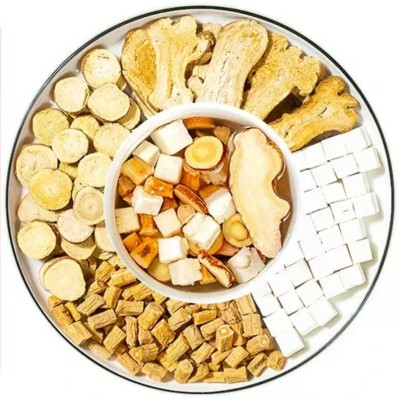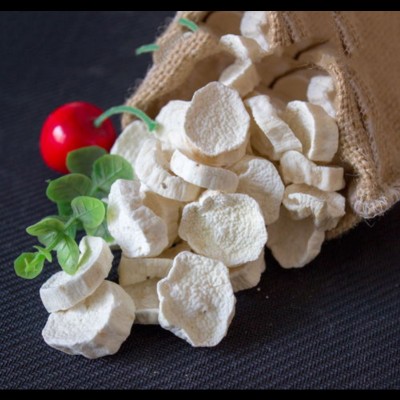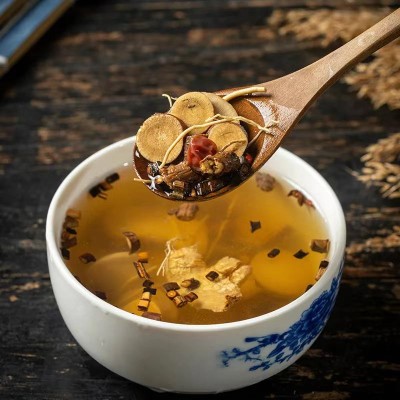The Wu Xing Theory in Traditional Chinese Medicine Ⅱ
The Wu Xing Theory in Traditional Chinese Medicine Ⅱ
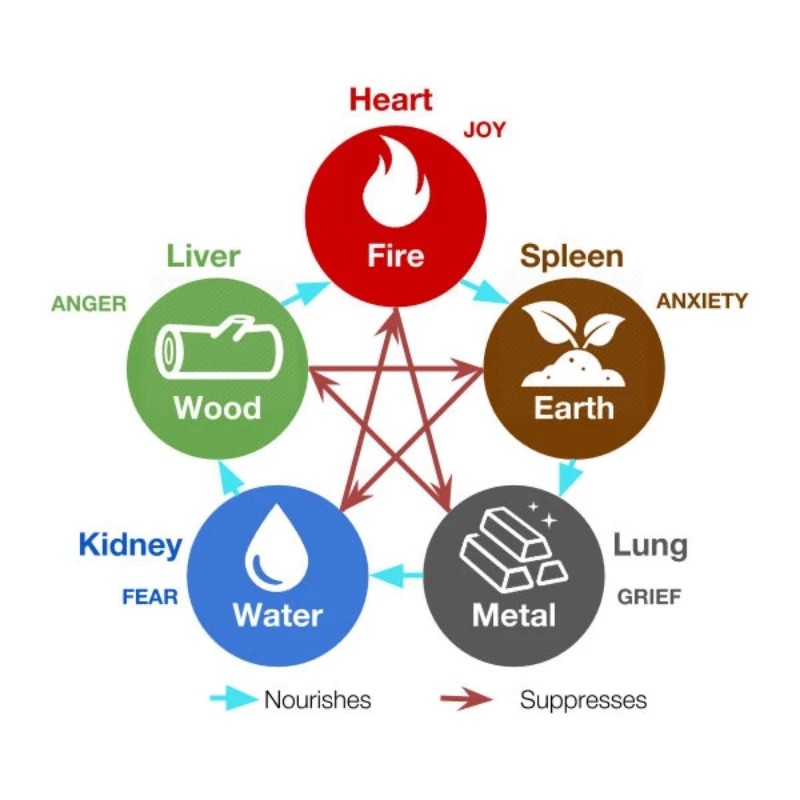
In Chinese Medicine the Five Phases theory is used to explain relationships between organs in our bodies based on what element characterizes them. At the core of the theory is the fact that the five elements affect each others in a "nourishing" or "suppressive" way. For instance Water is "nourishing" to Wood but "suppressive" to Fire. As such at the core of the theory there is the idea that Organs in our bodies are in a constant state of change and interdependence, with elements constantly getting nourished or suppressed by each others. The five elements are in constant search of a harmonic balance.
The body's Zang-Fu Organs are categorized by element based on what substance they're closest to. For example the Spleen's main role is seen as taking the nutrients from food and distributing them to other Organs. This is seen as similar to the nourishing role the soil plays with plants and the Spleen is therefore attributed to the Earth element. Similarly the Liver is attributed to Wood and the Heart to Fire. The Lungs make air "heavy" so it descends into the body; as such it is Metal. The Kidneys' role is to regulate water and it is therefore attributed to Water.
Each Organ has a corresponding "orifice" it "opens" into and those orifices are also categorized as the elements of their associated Organs. For instance it is believed in Chinese Medicine that the Liver "opens" into the eyes. The eyes are therefore classified as Wood, just like the Liver. Similarly the Lungs open into the nose and it is as such categorized as Metal just like the Lungs.
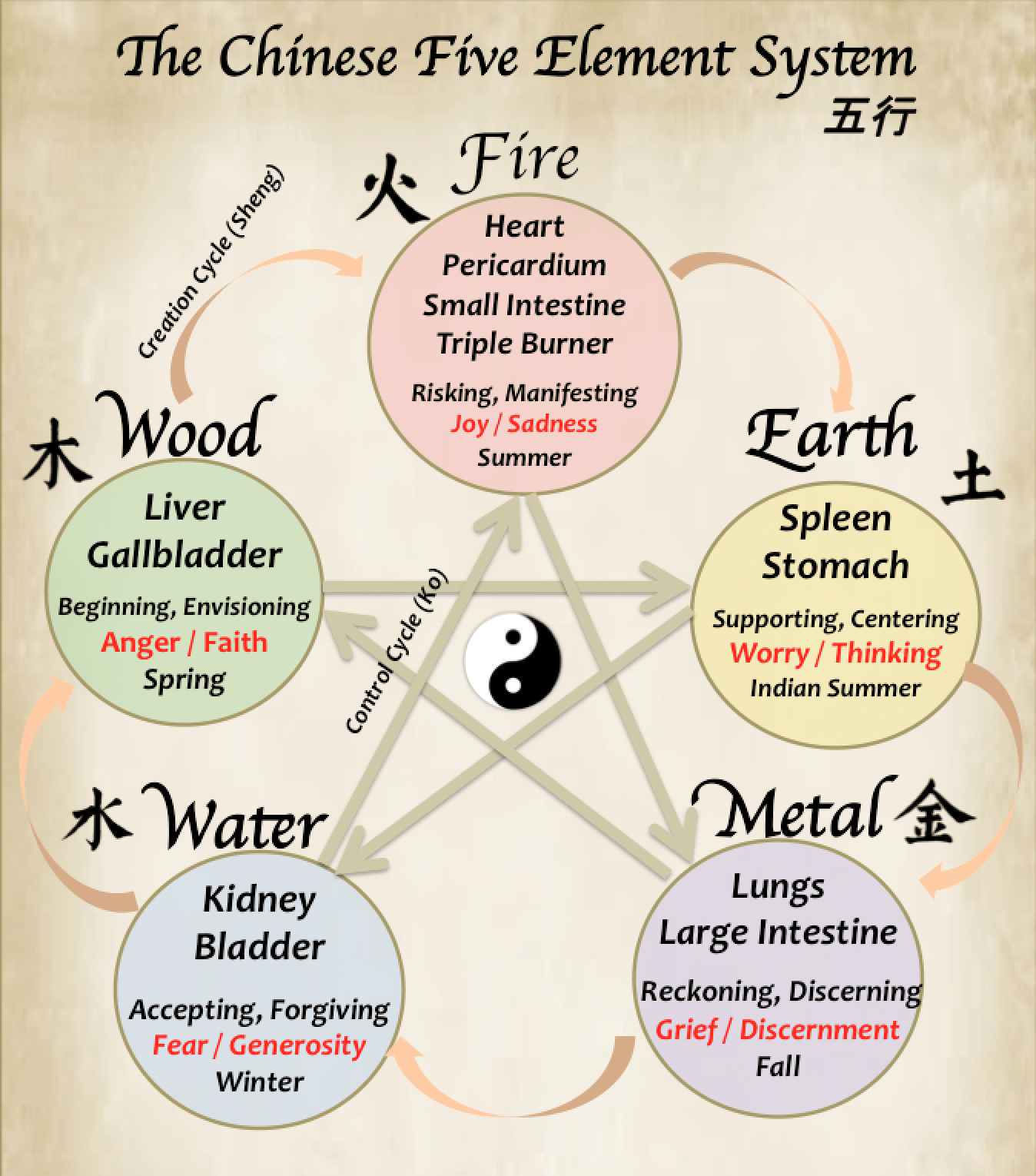
Most importantly the Five Phases theory explains the relationships between Organs. For instance the Kidney (Water) nourishes the Liver (Wood) which itself nourishes the Heart (Fire). On the other hand the Kidney (Water) suppresses the Heart (Fire) which itself suppresses the Lungs (Metal).
The Five-Phases theory on diseases and treatments
The Five-Phases theory is particularly useful in Chinese Medicine to explain how diseases spread in the body. For instance a disease affecting the Kidney (Water) will have more propensity to spread to the Heart (Fire). The inverse is true as well: since the Spleen (Earth) is suppressed by the Liver (Wood), a disease seen as affecting the Heart might also be present in the Liver.
Under the Five-Phases theory, one of the first priorities for treatment will be to prevent the transmission of the disease. For instance if a Liver (Wood) disease is diagnosed, the Spleen (Earth) will be treated in advance to prevent the disease from spreading. Also, as with everything in Chinese Medicine, treatment is about restoring balance. If an element is weak versus the others (like a Deficient Kidney - Water), the main purpose of the treatment will be to nourish it so it regains its normal level.
Interestingly the Five Phases theory also applies to the field of psychiatry. For instance grief is considered a Metal emotion and Anger a Wood emotion. This is why grief wins over anger: Metal suppresses Wood. Similarly a patient's emotional state can be reflective of a defective Organ. As such someone who is very anxious (perhaps with issues of insomnia) might have a Deficient Spleen since anxiety is an Earth emotion and the Spleen is the Earth Organ.
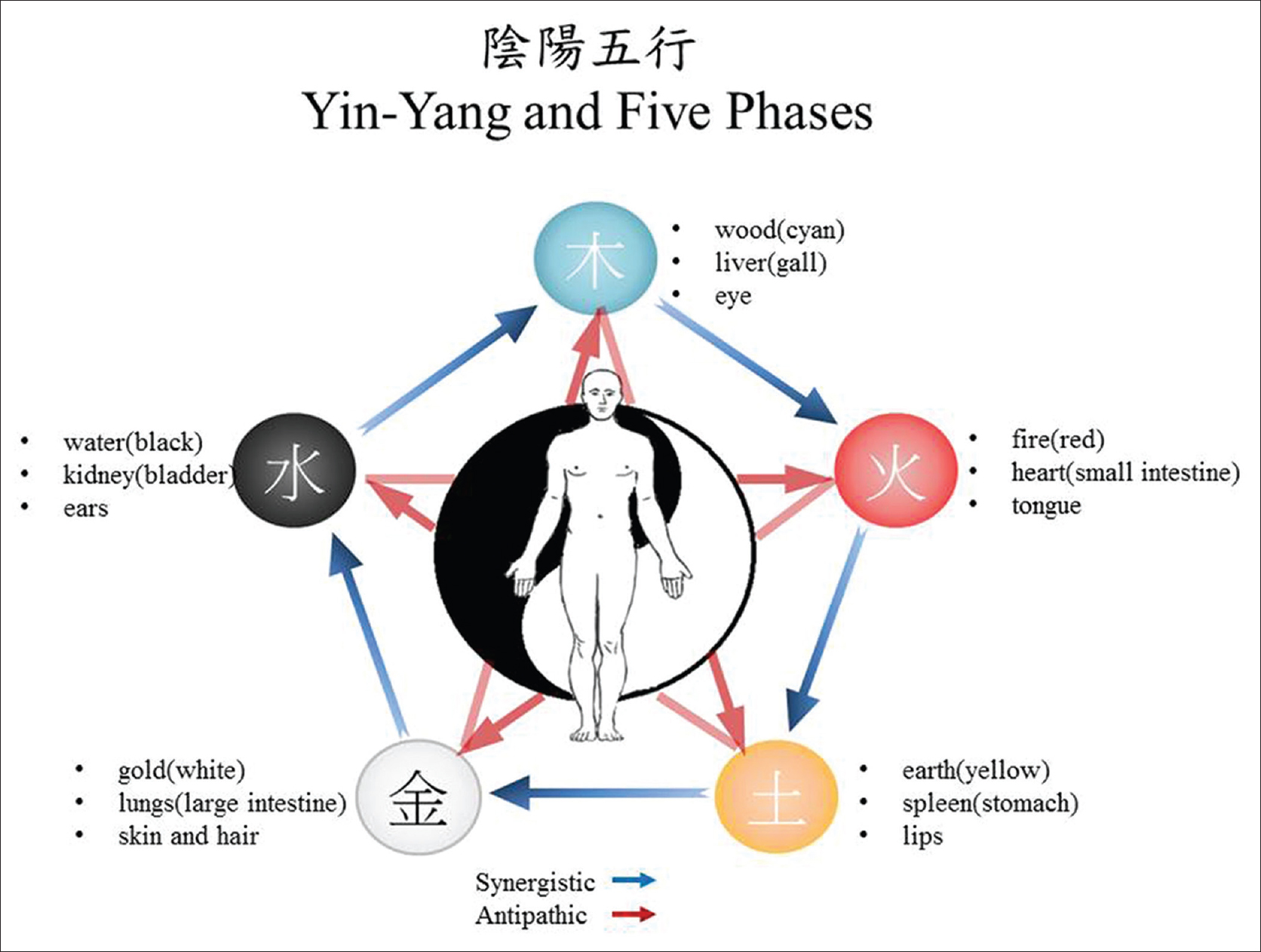
Chinese Medicinal herbs are also often classified by element. Such classification is often based on their taste and each main taste is assigned an element:
In that logic a patient with a Deficient Spleen might want to favor sweet food or sweet Chinese Medicinal herbs. Interestingly TCM doctors believes that the body often tells us through cravings that we might have a Deficient Organ. For instance if one finds themselves craving spicy food, it might be indicative of Deficient Lungs!
As with everything in Chinese Medicine, the goal is balance. Unless one has a Deficiency of some kind it is very important to eat a diet made of all the tastes so all the elements and their corresponding Organs get nourished properly.

